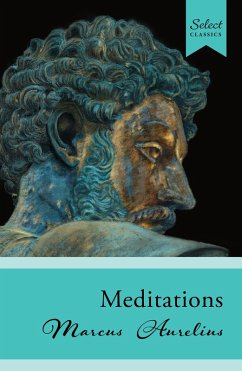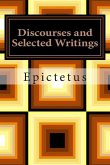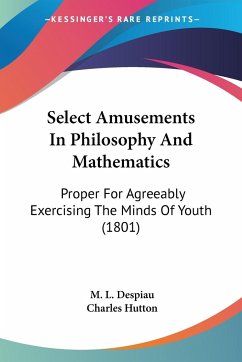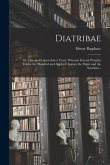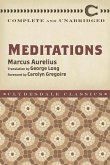"Everything we hear is an opinion, not a fact. Everything we see is a perspective, not the truth." One of the earliest works of Greek philosophy, Meditations is a collection of deep insights into the complexities of human emotions. In his exemplary work, Marcus Aurelius expresses his gratitude to the ones from whom he learnt important qualities and lessons in life. He reflects over a wide range of subjects including the mind and thoughts, life and death, goodness, self-judgement, leadership. Told through the story of five emperors, Aurelius offer a series of reflections as the emperors struggle to understand these truths of life. Marcus Aurelius's philosophy has the strength to align the human mind with clarity of direction and bring calm to distressed heart.
Hinweis: Dieser Artikel kann nur an eine deutsche Lieferadresse ausgeliefert werden.
Hinweis: Dieser Artikel kann nur an eine deutsche Lieferadresse ausgeliefert werden.

